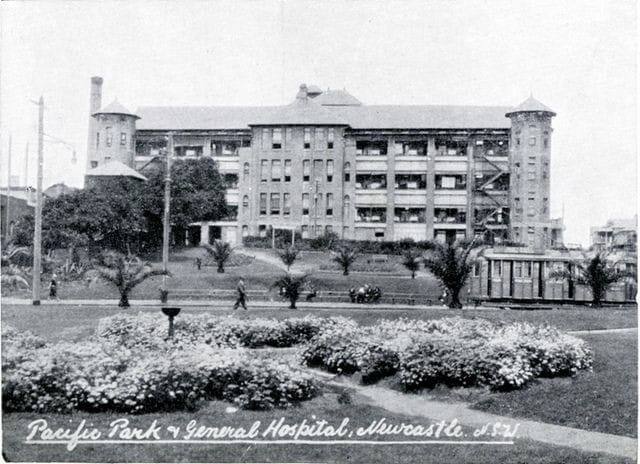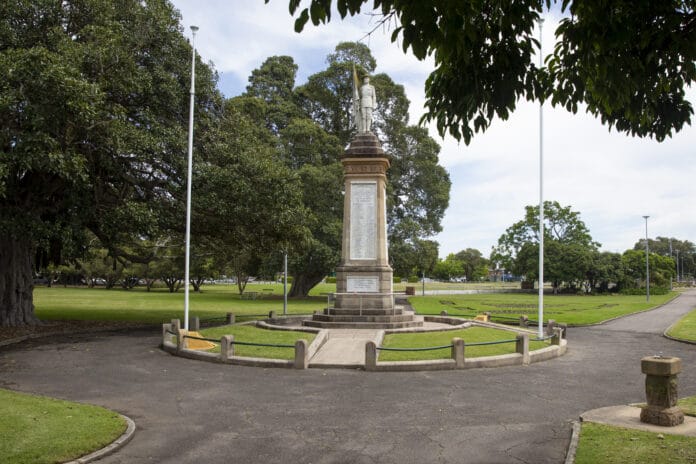Border closures, quarantine, docked ships, social distancing and mandatory face masks may all be considered 2020 terminology, but the truth is Novocastrians lived with this lingo more than 100 years ago.
On 11 November 1918, as World War I drew to an end marked by the signing of the Armistice, Newcastle faced what was to become its first global pandemic, the Spanish Flu.
Local historian and author Julie Keating says Remembrance Day, celebrated each year, offered a unique opportunity for the city to reflect on its past and commemorate the resilience of its people.
“This is history repeating itself,” she said.
The former Newcastle librarian and research educator said local media reported in October 1918 that residents were beginning to panic after thousands died in Sydney and Melbourne.
“We know from history records that in October 1918 the council began a clean up of the municipality in a bid to avoid any deaths in Newcastle,” Julie said.
“The local government went house-to-house checking on general cleanliness.
“People were advised to avoid crowds, observe personal hygiene, stay outdoors when they could, and avoid spitting in public.”

The first Novocastrian to die from Spanish Flu was at the Royal Newcastle Hospital in March 1919.
“Newspapers tell us the patient was from Islington and appeared to be an isolated case,” Julie said.
“But it soon spread to staff members, killing five nurses, a wardsman, and a fellow patient.
“Shops started stocking respirators, returned travellers were being asked to quarantine, police patrolled the streets for those not wearing masks, and authorities were mindful of the fact that rats were an issue.
“Continuous warfare was being waged against rats, it says in a newspaper of the time.”
After emergency hospitals erected at Wallsend and Waratah received thousands of patients each day, Julie says Novocastrians soon faced feelings of desolation.
“I feel for the people of Newcastle,” she said.
“We are finding it stressful this year after eight months and yet these poor people endured war for four years and then, as they were celebrating the end of war, they faced a devastating pandemic.”
Julie said soup kitchens were soon established in the city to feed those unable to fend for themselves.
Novocastrians also faced a shortage of staff at shops and offices, as well as depleted services, increasing feelings of isolation.
“I’d hate to endure this for years,” Julie said. “They’re such resilient people to have survived.
“Communication sources were limited 100 years ago. We were relying on newspapers. We didn’t have the immediacy of today’s news.
“This is why it’s particularly important that we pause for Remembrance Day this year.
“For me it can be summed up in two words – democracy and disease.
“Soldiers fought for democracy and it is up to us to maintain that, not by fighting, but by supporting the democratic process.
“And disease – 102 years after the Spanish Flu ravaged our world, we’re dealing with another pandemic.
“We should acknowledge and be vigilant to protect both.”
Newcastle will mark Remembrance Day at the eleventh hour on the eleventh day of the eleventh month at memorials across the city.
A Remembrance Day Service at Gregson Park, Hamilton, will begin at 10:50am.
To commemorate the day, RSL NSW recommends observing the minute’s silence; donating to the Poppy Appeal online; tuning into live services; attending a barbecue; and reaching out to a veteran.







